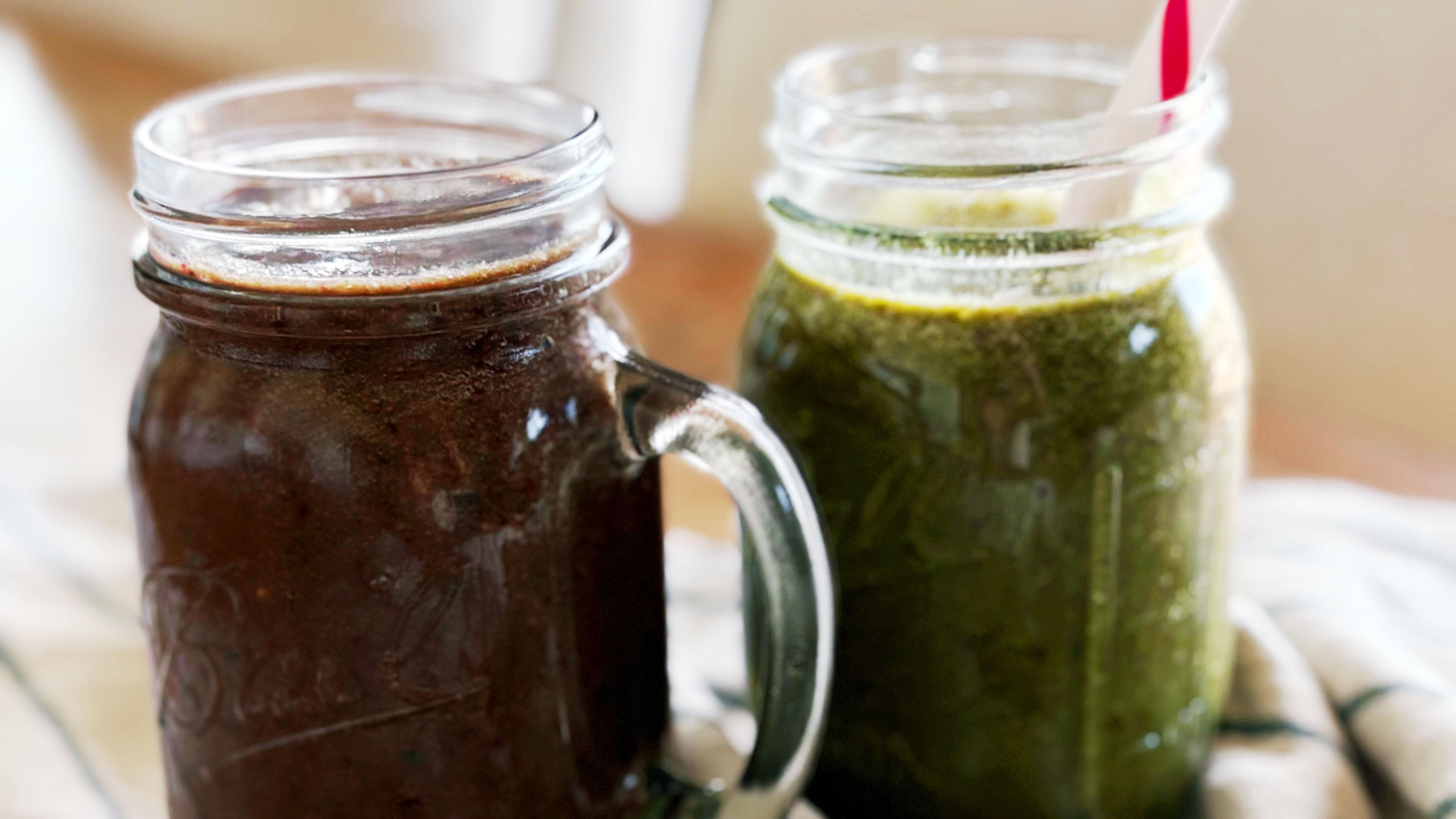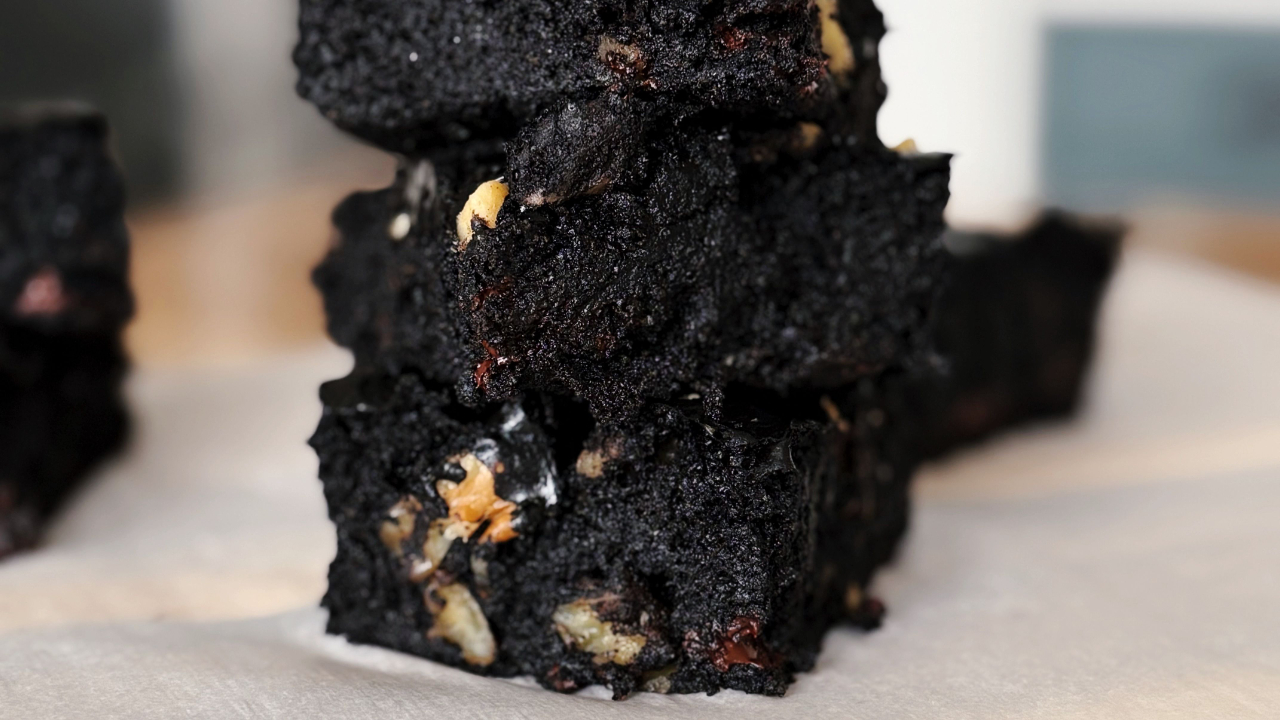Should You Supplement with CoQ10?
Nov 25, 2024
Coenzyme Q10, commonly known as CoQ10, is a naturally occurring antioxidant in the body essential for energy production at the cellular level. It plays a crucial role in the mitochondria where it helps convert nutrients into adenosine triphosphate (ATP), the energy currency of cells. CoQ10 also acts as an antioxidant, protecting cells from oxidative damage by neutralizing harmful free radicals.
CoQ10 is present in almost all tissues in the body, though it’s most concentrated in organs with high energy demands, such as the heart, kidneys and liver. However, as we age, our natural levels of CoQ10 decrease.
So, is this important? Um, yeah if you care about heart health, energy level and cellular protection!
Here’s why you need to know about CoQ10:
1. Heart health - CoQ10 may support cardiovascular health by improving energy production in the heart cells, which is essential for proper function.
2. Energy production and exercise performance - Since CoQ10 plays a role in ATP production, it may support physical performance by improving energy levels and reducing fatigue.
3. Protection against oxidative damage - CoQ10's antioxidant properties protect cells from oxidative damage, which can contribute to aging and various chronic diseases. By neutralizing free radicals, CoQ10 may help reduce inflammation.
4. Brain health - The brain is particularly susceptible to oxidative damage and low levels of CoQ10 are associated with conditions such as Alzheimer’s disease and Parkinson’s disease. CoQ10 may have neuroprotective effects.
5. Blood sugar regulation - Some research suggests that CoQ10 may support insulin sensitivity and help regulate blood sugar levels, making it beneficial for people with diabetes or metabolic syndrome.
Luckily, CoQ10 is found in several foods, especially animal products, as it is more abundant in meat, fish, and poultry.
Unfortunately, simply eating foods rich in CoQ10 may not provide enough to significantly boost blood levels, especially in older individuals.
Here are some of the most prominent food sources of CoQ10:
- Meats: particularly organ meats like heart, liver and kidney.
- Fish: fatty fish such as salmon, sardines and mackerel.
- Vegetables: broccoli, spinach and cauliflower.
- Legumes and nuts: peanuts, lentils and sesame seeds.
If you are thinking of adding a CoQ10 supplement, the optimal dosage varies depending on age, health status and individual goals.
Here are VERY GENERAL guidelines to follow but be sure to discuss with your physician or qualified Registered Dietitian prior to taking CoQ10:
- For general health and wellness: 90–200 mg per day.
- For heart health and cardiovascular support: 100–300 mg per day, often in divided doses.
- For high-performance athletes or fatigue reduction: 200–400 mg per day.
- For specific health conditions like migraines or certain neurological issues: Doses up to 400 mg may be recommended, though it's best to consult with a medical/nutrition professional, such as the awesome Sport Dietitians at eNRG Performance.
And keep in mind that CoQ10 supplements come in two primary forms: ubiquinone and ubiquinol.
Ubiquinol, the active antioxidant form, is more readily absorbed and may be a better choice, especially for older adults.
To improve absorption, take CoQ10 with a meal containing fats, as it is fat-soluble.
Finally, CoQ10 supplementation is generally considered safe but some individuals may experience mild digestive issues, such as nausea, diarrhea or stomach discomfort, especially at higher doses. CoQ10 may also lower blood pressure, so people taking blood pressure medication should consult a medical professional before starting supplementation.
PS - Want more nutrition education? Head over to the eNRG Performance YouTube channel to watch all of the great videos our sport dietitian team does!
PPS - Got a question you want answered from one of our awesome Sport Dietitians? Submit it HERE then visit our YouTube channel for our video responses.
SUBSCRIBE AND WE WILL DROP SOME HEALTHY INSPIRATION IN YOUR INBOX
We hate SPAM. We will never sell your information, for any reason.







